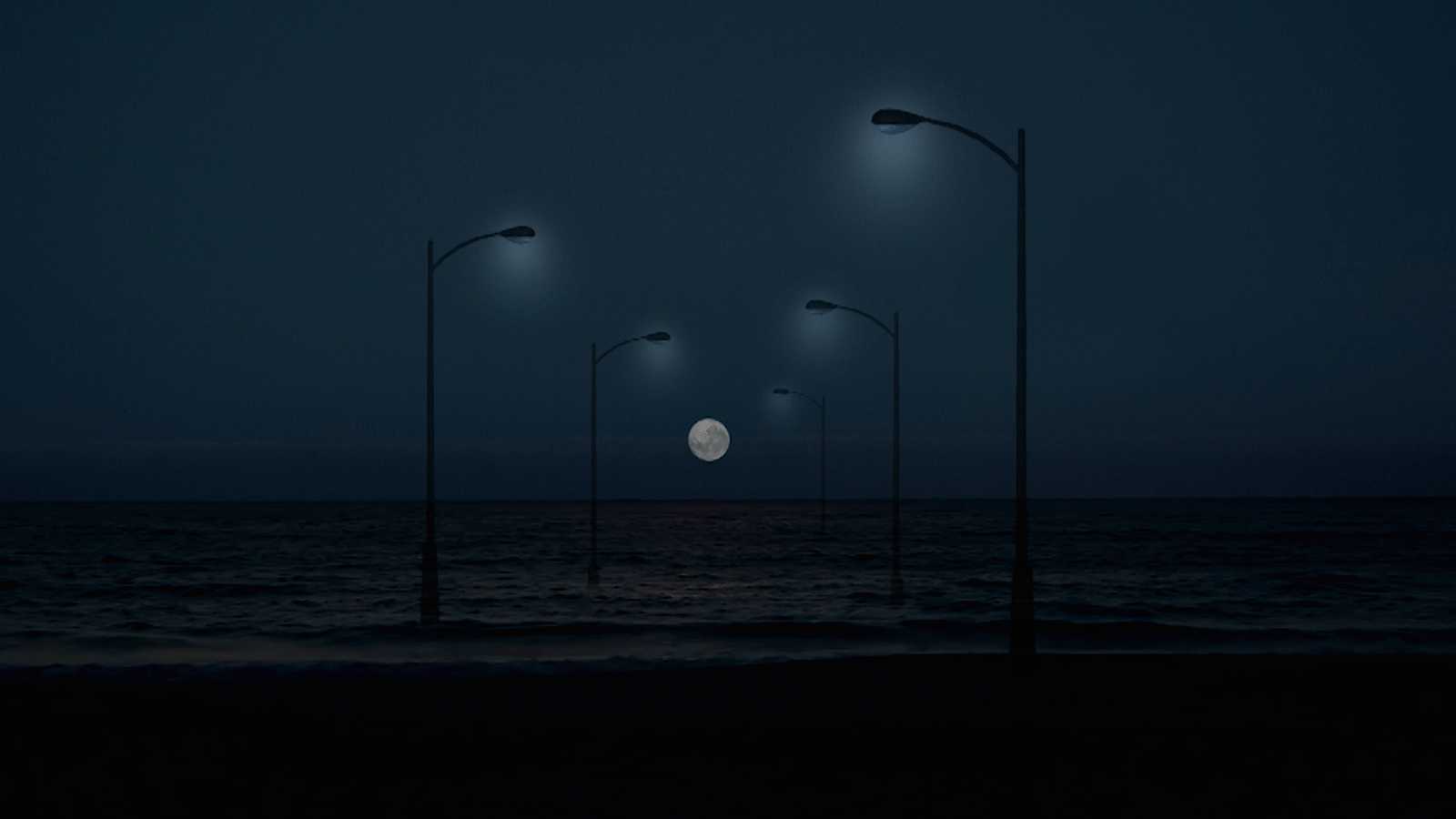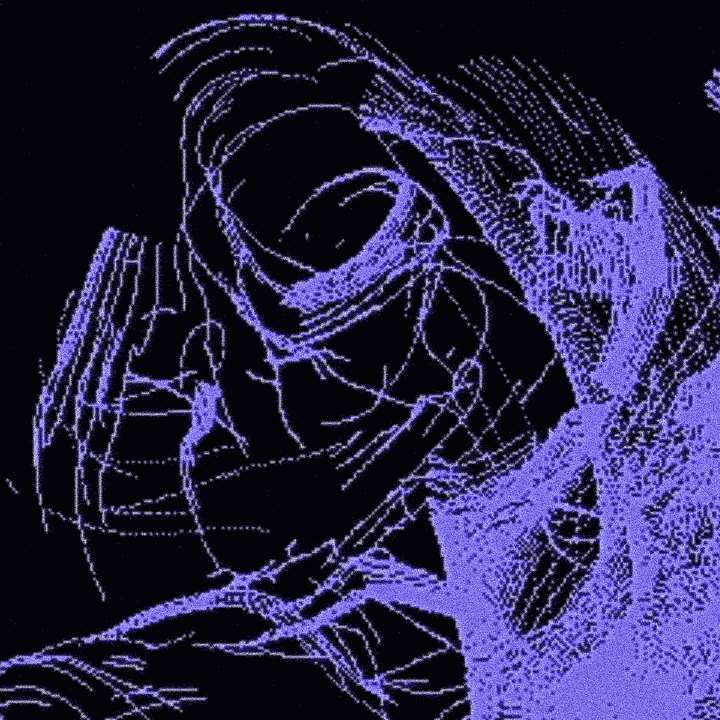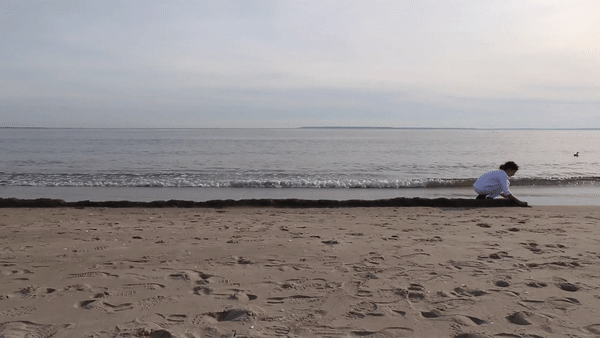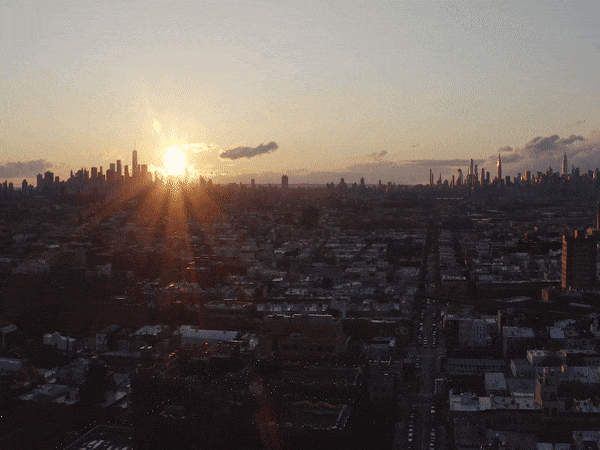
5.15 - 6.12
2020
FUNCTION
The Hitchhiker’s Guide to Staying Afloat is a handbook featuring works from nine artists and anchored by four literary works that map out an alternative route of navigating this crisis. Leitmotifs of paranoia, trauma and catastrophe in the show conjure up a Dantean narrative, reminding us the inescapable probability of illness and entropy that are intertwined with the vibrant and dynamic side of life.
PURPOSE
Each of us is a lonesome hitchhiker in the journey of life - life that is full of uncertainty and absurdity. We are at constant risk of losing it. A pandemic is only a concentrated event that better emphasizes it. By sharing their vulnerable propositions of an inner world, the artworks in the Guide thus calls upon the bravery to face our neuroses; the empathy to regard sickness and trauma as rites of passage; and to come out of this crisis with a renewed and humble sensibility.
Curated and Edited by Alexander Si
Commissioned Illustration from Xizi Luo

The Strength and Vulnerabilities of Innocence, 2019
Polymer clay, resin, and wax
9" x 3.5" x 3" (each figure)
Illness is the night-side of life, a more onerous citizenship. Everyone who is born holds duel citizenship, in the kingdom of the well and in the kingdom of the sick.
Although we all prefer to use only the good passport, sooner or later each of us is obliged, at least for a spell, to identify ourselves in the citizens of that other place.
- "Illness as Metaphor", Susan Sontag

Everybody knows that pestilences have a way of recurring in the world: yet somehow we find it hard to believe in ones that crash down on our heads from a blue sky. There have been as many plagues as wars in history; yet always plagues and wars take people equally by surprise…
When a war breaks out, people say: "It’s too stupid: it can’t last long." But though a war may be too stupid, that doesn’t prevent its lasting. Stupidity has a knack of getting its way; as we should see if we were not always so wrapped up in ourselves.
- "The Plague", Albert Camus
Ἰδοὺ ὁ ἄνθρωπος; Ecce homo or Behold the Man (stories of hubris in a godless world), 2020
Video Essay, 8' 04" min
As all partings foreshadow the great final one, so, empty rooms, bereft of a familiar presence, mournfully whisper what your room and what mine must one day be.
- "Bleak House", Charles Dickens
.jpg)
Death is therefore multiple, and dispersed in time: it is not that absolute, privileged point at which time stops and moves back; like disease itself, it has a teeming presence that analysis may divide into time and space: gradually, here and there, each of the knots breaks, until organic life ceases, at least in its major forms, since long after the death of the individual, minuscule, partial deaths continue to dissociate the islets of life that still subsist.
- "Birth of the Clinic", Michel Foucault

MAHO DONOWAKI
Breakfast. Lunch. Dinner., 2020
Video (Duration: 6’16” min / Material: Self, inkjet photograph of self on paper, Kitchen timer, Ruler, Protractor, Cutting mat), Inkjet photographs of self from 0 - 25 years old on paper
60" x 36" x 22"


At the beginning of a pestilence and when it ends, there's always a propensity for rhetoric. In the first case, habits have not yet been lost; in the second, they're returning. It is in the thick of a calamity that one gets hardened to the truth - in other words, to silence.
- "The Plague", Albert Camus
JUAN DAVID FIGUEROA
How Did I Get Here?, 2020
Single-channel video animation
5' 26" min

I found every breath of air, and every scent, and every flower and leaf and blade of grass and every passing cloud, and everything in nature, more beautiful and wonderful to me than I had ever found it yet. This was my first gain from my illness. How little I had lost, when the wide world was so full of delight for me.
- "Bleak House", Charles Dickens







